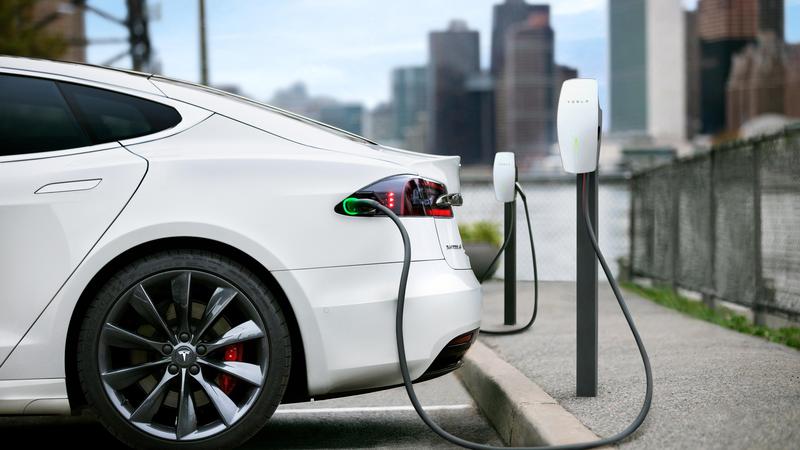
CHARBONNEAU: Electric cars aren’t a solution; they’re part of the problem
QUESTION: How do electric cars fit into the future of Canada’s pedestrian-friendly cities with more green space, shorter travel times, and a focus on communities?
Answer: They don’t.
The problem with electric cars is that they are… cars. Car culture results in the paving over of large parts of cities for roads and parking lots. They contribute to urban sprawl with its associated problems: poorer health because suburbanites don’t walk to work or for groceries; the cost of extended infrastructure to service suburbs is expensive; the loss of agricultural land to build houses increases our food dependency.
But if you listen to big electric car promoters like Elon Musk, you would think that buying an electric car is virtuous.


